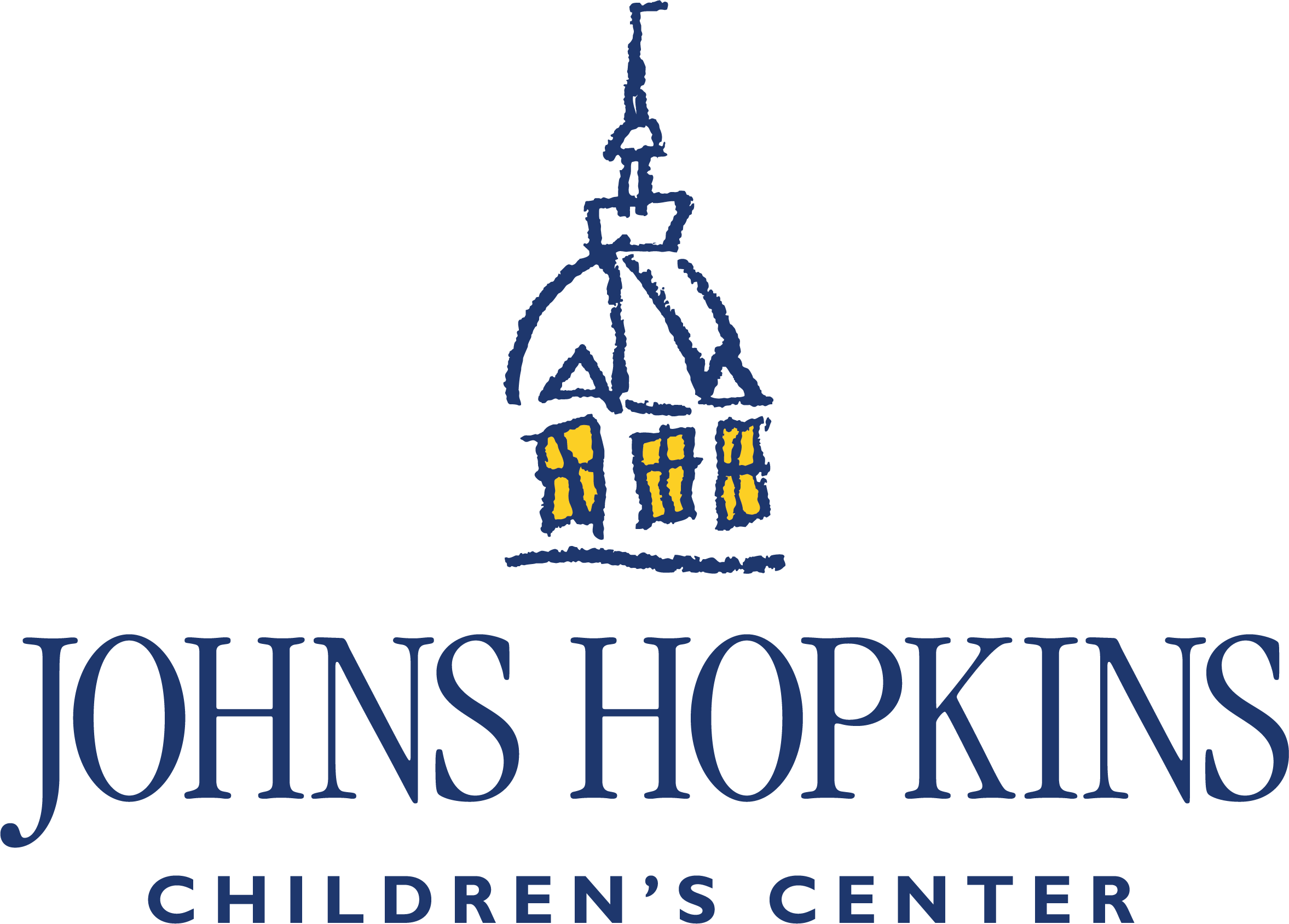Adolescent Medicine Specialty Training
The mission of the JHU training program is to develop the next generation of leaders in the most innovative and effective interdisciplinary approaches to adolescent health promotion and disease prevention with a primary goal of reducing health disparities. The Division houses the Adolescent Health Promotion Research Training Program (T32), funded by NICHD to provide research training to physicians in the Adolescent Medicine Fellowship. The JHU program has strong ties to other schools and institutions located on or near the campus including the Johns Hopkins Bloomberg School of Public Health (JHSPH), the Johns Hopkins Hospital, the School of Nursing and others.
Adolescent Medicine Fellowship Training prepares specialists to manage the primary subspecialty health care needs of adolescents in an interdisciplinary environment. Specialty care services include male and female reproductive health care, complex medical issues with medical and behavioral components, mental health and behavioral management disorders, substance use disorder management, gender affirming care, HIV prevention and treatment, sports medicine and transitional health issues.
Adolescent Medicine fellowship graduates are eligible for board certification through the American Boards of Pediatrics and Internal Medicine. The American Board of Family Practice offers a Certificate of Added Qualification for Family Practitioners. All routes to certification in Adolescent Medicine first require certification by the primary field of training (Pediatrics, Internal Medicine, and/or Family Practice).
Core Areas of Training
- Adolescent and Young Adult Medicine
- Reproductive Health (gynecology, basic urology, puberty, family planning, pregnancy options, early pregnancy care)
- Menstrual Disorders (e.g., amenorrhea, abnormal vaginal bleeding, polycystic ovary syndrome)
- LGBT and Gender Affirming Health
- Care for Youth with Disabilities
- Endocrine/Diabetes Care
- Eating Disorders
- Sexually Transmitted Infections/Human Immunodeficiency Virus
- Mental Health and Learning Disabilities
- Nutrition/Obesity
- School-Based Health
- Sports Medicine
- Substance Use Disorders
- College Health and Wellness
- ME/CFS and Orthostatic Intolerance
Scientific and Research Capabilities
Research is an integral component of Adolescent medicine. A crosscutting theme to this research is a focus on eliminating racial and ethnic disparities in the health of adolescent populations. Along with the Division of General Pediatrics, primary research partners include: the Johns Hopkins Center for Adolescent Health and the Johns Hopkins Center for the Prevention of Youth Violence, both of which are prevention research centers funded by the Centers for Disease Control and Prevention.
These collaboration ensure that faculty and trainees have access to applied and basic adolescent health research opportunities and activities in key areas of adolescent health. Faculty members affiliated with the research activities represent several departments, centers, and schools throughout Johns Hopkins University. Funding sources for research projects include:
- Maternal Child Health Bureau (MCHB)
- National Institutes of Health (NIAAA, NIAID, NICHD, NIDA, NINR, NIMHD)
- Baltimore City Health Department
- Baltimore Community Foundation
- Center for AIDS Research
Contact:
Errol Fields, MD, PhD, MPH, Adolescent Medicine Fellowship Program Director Maria Curry, BSHA, Medical Training Program AdministratorAdolescent Medicine Fellowship Program
Johns Hopkins University, School of Medicine
Division of Adolescent and Young Adult Medicine
200 N. Wolfe Street, Room 2032
Baltimore, MD 21287
Email: [email protected]
Office: 410-955-2910
Learn more at our program website.

